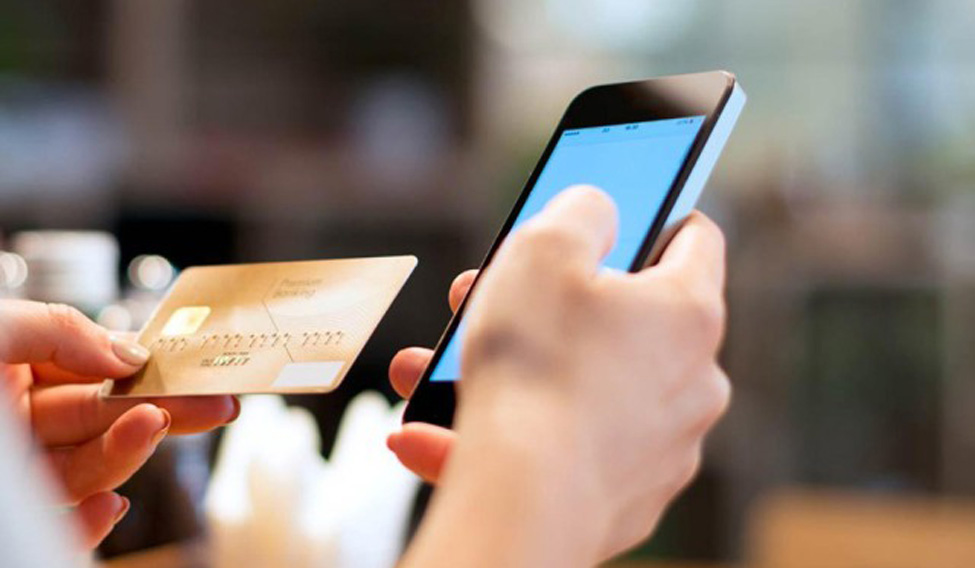Converting 85 per cent of all cash transactions in India into digitally traceable ones was one of the Narendra Modi-led demonetisation drive's goal.
There is little wonder in the fact that almost immediately after the demonetisation drive, the number of e-wallet users and transactions done on the platform jumped three times.
"This was a time when people were waking up to the possibilities of buying grocery, milk or vegetables and paying for them with digital wallets," said Vijay Sekhar Sharma, speaking at CII conference on future of digital payments.
"Since then, we have reached a new normal and are now driving innovations to keep the digital payments platform relevant for everyone," said Sharma. He was answering a question on whether e-wallet payments have reached a wall, almost a year after demonetisation.
Sharma's One97 Communications, the holding company that started Paytm have raised fresh funds from its investors Alibaba, after demonetisation in March, making its valuation rise up to $5.7 billion and earning Sharma a name in the coveted Forbes 50 list from India.
On the other side, One97 Communications which was earning profits of about Rs 5 crore in 2012 stooped down, making more loses as well. While its revenue has grown to top Rs 813 crore and Rs 2,345 crore in networth in 2017, also registered a Rs 30 crore loss in the March to August period following demonetisation.
The loss during the same period last year was to the tune of Rs 13 crore. Could the higher loss be accounted to a publicity blitzkrieg by the company after demonetisation? Guess only Sharma would have the correct answer to that.
But for the moment atleast he is not sitting counting laurels from the demonetisation drive. To keep Paytm "relevant" Sharma is trying to innovate it as a 'Super App' by integrating features available in other apps. Paytm Mall has come into existence to compete with the e-commerce giants like Flipkart and Amazon.
Integrating a chat app is now the future for the online wallet app. In China, Alibaba, one among the investors in Paytm, faced a nerve racking competition to its Alipay from WeChat, a similar e-wallet payments service integrated with a chat app.
One can imagine Sharma's pressure to stay relevant. The same is the story for other e-wallets. Some are keen on increasing transactions on their platform by offering customised wallets for a large user base of utilities and financial services.
So, this time Paytm for the first time offered sale of hallmarked gold and silver coins on its platform after a tie-up with state-run gold importer MMTC.
However, a tighter regulation for the industry is on the cards. A mandatory KYC ruling for all e-wallet users and then allowing inter-operability is next on the line as per latest RBI guidelines.
The industry sees this as a downside, as it lessens the distinction which e-wallets have over full fledged bank accounts. The new regulations would make even small users accountable to provide KYC requirements to allow them to use their e-wallet across platforms.
The relevant players in the e-wallets space have formed their own industry association of all Prepaid Payments Instrument (PPI) industry players.
The association is currently negotiating with RBI to keep the KYC requirements relaxed for e-wallet users for transactions upto Rs 20,000 per user in a month. This is because the industry see the KYC norms as a long term benefit which will make them bleed in the short term, owing to higher cost incurred for complying with the new KYC norms.
One year after demonetisation, it seems the objective of making transactions accountable, have come to haunt the PPI industry after offering a windfall initially.
INTERVIEW: Upasana Taku, co-founder MobiKwik
Q. How has been your journey with MobiKwik following demonetisation?
A. Our industry gained a lot from demonetisation. We were the poster boys after demonetisation. Prior to demonetisation we had about 30 million users on MobiKwik. This number has now grown to more than double and we are at a position where we are targeting 250-300 million users. Demonetisation was a call to action for us about 40 odd players in the segment. More than 10 million merchants started accepting digital payments through e-wallets, versus just one million merchants having POS (point of sale) machines. In the process, after demonetisation this industry has created about 2 to 2.5 lakh new jobs as well as, in building merchant relations and other operations as well, like KYC.
Q. What are your views on RBI's recent KYC guidelines?
A. Introducing KYC is a step in the right direction. With this will come inter-operability between wallets and money remittance will remain a key benefit. On the downside, the current regulation will get rid of the minimum KYC relaxations that remains relevant for users below Rs 20,000 a month. We are not happy about this and collectively, as the PPI industry, we are representing it to the RBI.
Q. A year after demonetisation, what is your strategy to drive organic growth?
A. At MobiKwik, we have laid stress on building partnerships. These partnerships have ensured that MobiKwik is co-bundled as an offering to customers. Say for customers of Bajaj Finance, we have developed a separate app using the MobiKwik platform which will allow you to avail finance on an appliance purchase. The EMI card has been converted to a digital card and the company would soon stop issuing the physical cards at all.
Similarly, for BSNL and IndusInd Bank customers, both of whom have their own large customer bases, will be able to pay for bills, purchase new products and even function as a full-fledged app. These partnerships have driven growth for us and would continue to bring more users to our platform.






